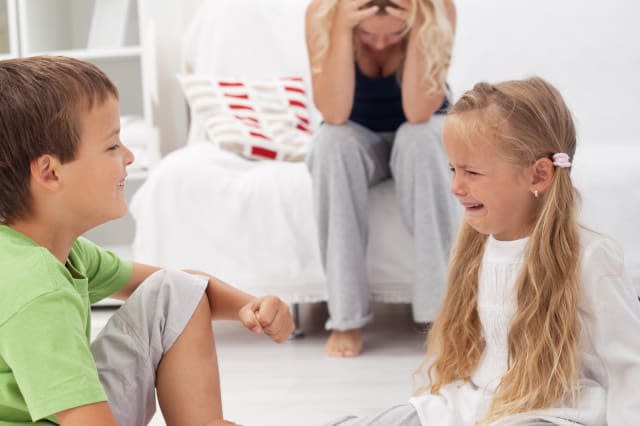Future criminals can be spotted before they start school

Persuading your toddlers to 'play nicely' doesn't just make them more popular - it can help them get to university, get a better job and stay out of prison.
A 20-year research study in the US has revealed that the social and emotional skills of pre-schoolers can be used to predict their future education, employment and criminal activity.
Children were rated by kindergarten teachers on statements such as "is helpful to others", "shares materials" and "resolves peer problems on own".
And 20 years later, they found, the most 'prosocial' children were more likely to have stayed in education, got a job - and avoided being arrested.
"This research by itself doesn't prove that higher social competence can lead to better outcomes later on," says Damon Jones, senior research associate at the Bennett Pierce Prevention Research Center.
"But when combined with other research, it is clear that helping children develop these skills increases their chances of success in school, work and life."
Indeed, a higher prosocial rating was associated with a better outcome in every area studied. It made children less likely to grow up with substance abuse or mental health problems, or even to live in a council house.
The effect showed up powerfully even after the effects of poverty, race, having teenage parents, family stress and neighbourhood crime, were taken into account.
"The good news is that social and emotional skills can improve, and this shows that we can inexpensively and efficiently measure these competencies at an early age," says Jones.
The findings chime with those of a study earlier this year by the University of Stirling, which found that the amount of self-control a child shows at the age of seven can be used to predict their success in later life.
Those who were able to hold back from inappropriate or impulsive behaviour were found to spend 40% less time unemployed in later life; the difference showed up most during the economic recession
Preschool interventions, school programmes, and activities such as yoga and martial arts and walking meditation exercises have all been shown to help develop better self-control and related abilities," commented Michael Daly of the University of Stirling.

Read more on AOL Money:
Most poor children from working families
Lessons in money: what your children need to know
£50m boost for nursery education




